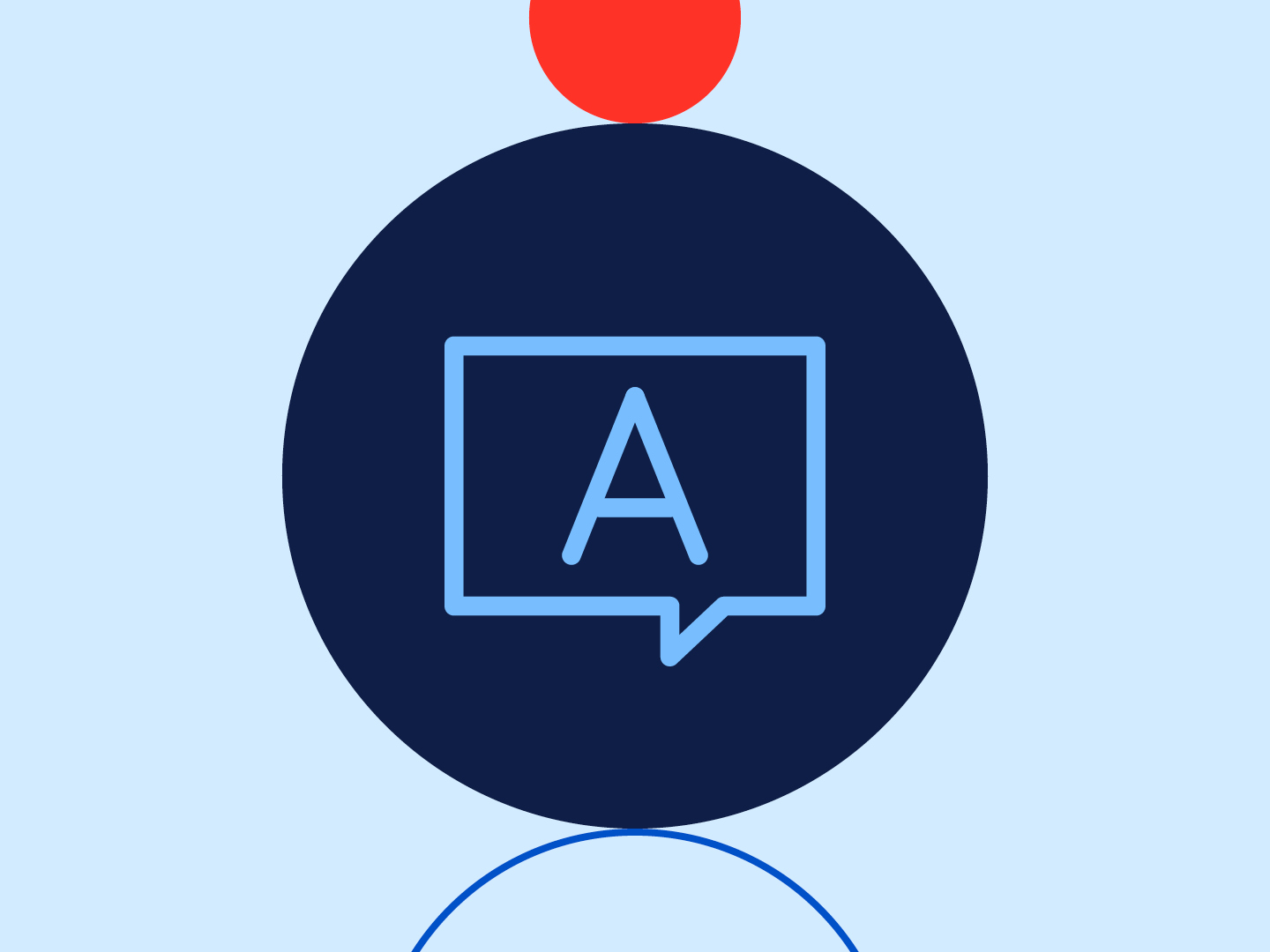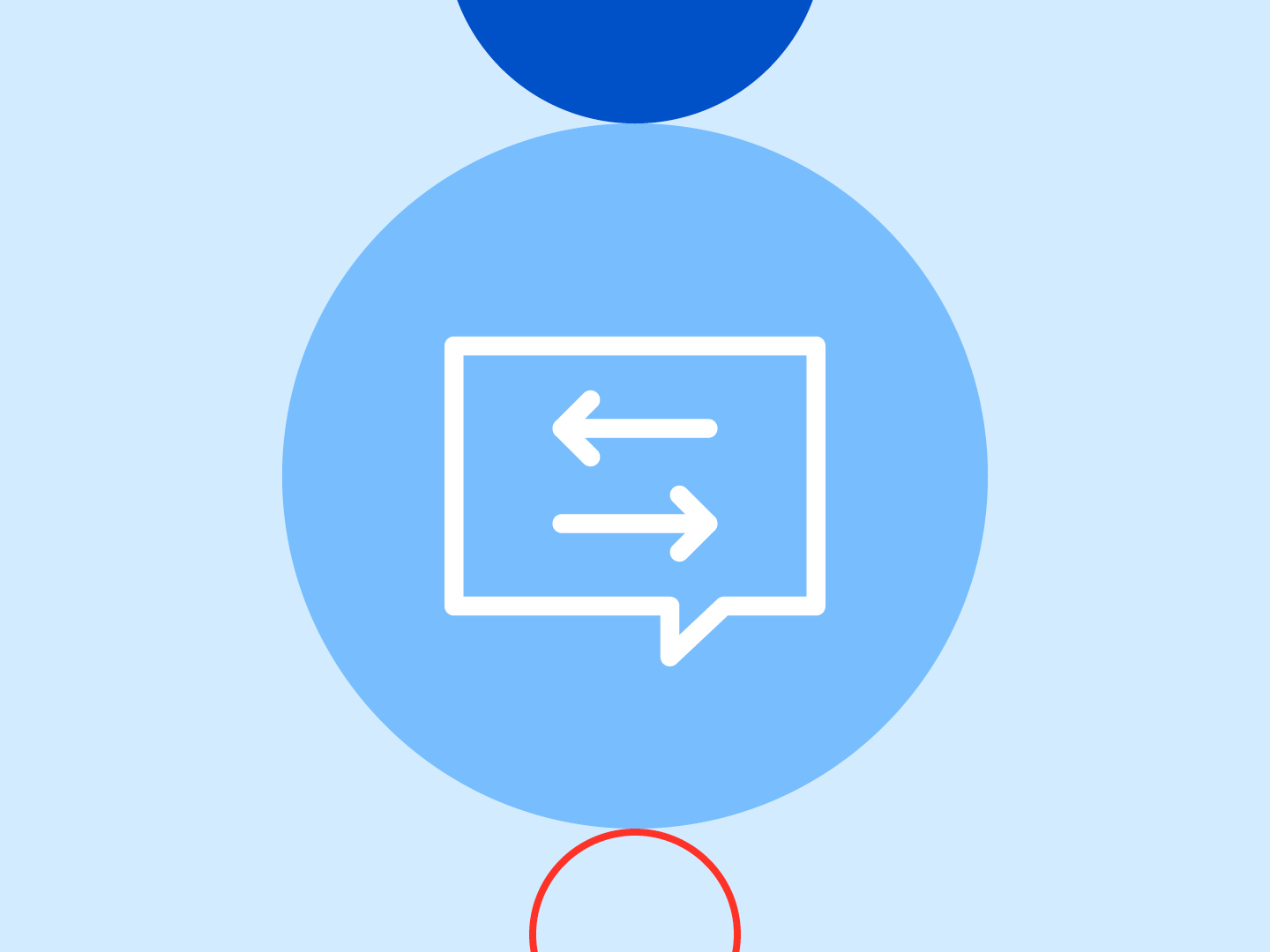Specialized Translation and Conference Interpreting
Identification degree code (LM-94)
Course Overview
The Master’s in Specialized Translation and Conference Interpreting at Unicollege is a cutting-edge, career-oriented program designed to equip students with the advanced linguistic, technical, and technological skills required to thrive in the fast-evolving language industry. This program combines rigorous academic training with hands-on professional experience, preparing graduates to navigate the complexities of multilingual communication with precision, cultural awareness, and expertise.
Specialized Training in Translation
Students will develop high-level translation techniques across key specialized fields, including:
- Legal, medical, technical, financial, and audiovisual translation
- Terminology management, localization strategies, and AI-assisted translation technologies
- Practical workshops, real-world translation projects, and industry-leading CAT tools (e.g., SDL Trados Studio, MemoQ, Wordfast)
Expertise in Interpreting
Students will also receive comprehensive training in professional interpreting, mastering the core techniques:
- Simultaneous, consecutive, and liaison interpreting
- Specialized training in political, legal, economic, scientific, and cultural discourse
- Remote Simultaneous Interpreting (RSI), Computer-Assisted Interpreting (CAI), and AI-enhanced language technologies
Industry Relevance and Professional Engagement
What sets this program apart is its strong focus on employability and industry engagement. Students benefit from:
- Courses taught by renowned international professionals
- Professional networking opportunities and internships with top-tier translation agencies, institutions, and multinational companies
- Live interpreting sessions, mock conferences, and direct engagement with industry professionals
Career Opportunities
Graduates of this program emerge as highly qualified, competitive professionals, ready to take on prestigious roles such as:
- Conference and diplomatic interpreters
- Specialized translators for international organizations and global enterprises
- Business language consultants and multilingual communication experts
- Freelancers in the translation and interpreting market
With an ever-growing demand for specialized language professionals, this Master’s program provides the expertise, tools, and competitive edge needed to succeed in one of the most dynamic and globally impactful fields today.
Curriculum
| Courses | Credits |
| Foreign Language I | 6 |
| Foreign Language II | 6 |
| Interpreting & Translation (Foreign Language I) | 10 |
| Interpreting & Translation (Foreign Language II) | 10 |
| Computational Tools for Interpreting and Translation –Computer-Assisted Translation (CAT) -Digitalized Translation Strategies & Techniques -Artificial Intelligence -Digitalized Interpreting Strategies & Techniques -Applied Artificial Intelligence for Interpreting Purposes |
6 |
| Interpreting & Translation Workshop | 6 |
| Electives | 12 |
| Communications Deontology & Ethics | 6 |
| Credits Year I | 62 |
| Courses | Credits |
| Interpreting & Translation (Foreign Language I) | 12 |
| Interpreting & Translation (Foreign Language II) | 12 |
| Advanced Professional Skills – Workshop | 6 |
| Internship | 20 |
| Thesis | 8 |
| Credits Year II | 58 |
Academic Model
The academic model of the Master’s Degree Program in Specialized Translation and Conference Interpreting is designed to concentrate coursework on specific days of the week, fostering an intensive, dynamic, and highly professional learning experience. This approach enables students to effectively manage their academic, personal, and professional commitments, ensuring greater organizational flexibility.
The curriculum combines:
- Cross-disciplinary lectures that provide a strong theoretical and methodological foundation
- Strategic seminars led by industry experts, striking a balance between theory and practical application
This structured alternation between theoretical and practical learning helps students develop hands-on skills in a realistic professional context. Through practical exercises and specialized workshops, students strengthen their translation and interpreting expertise, gaining the operational competencies required for success in the field.
The Master’s Degree Program in Specialized Translation and Conference Interpreting at Unicollege is open to all graduates with a linguistic background, regardless of their undergraduate specialization (whether in translation or interpreting).
To ensure equal and well-rounded access to the program, the first year includes compensatory modules tailored to students’ prior training:
- Students with a translation background will acquire fundamental consecutive interpreting skills.
- Students with an interpreting background will follow an intensive translation module.
These initial courses align all candidates’ competencies, establishing a common foundation from which they can continue with a unified curriculum.
After this phase, once students have acquired both translation and interpreting skills, they still have the opportunity to further specialize through:
- Elective courses
- Internship experiences
- Thesis research
This innovative approach doubles career opportunities, providing a broad and versatile skill set in the linguistic mediation sector.
The Master’s Degree Program in Specialized Translation and Conference Interpreting at Unicollege offers a dual internship experience, structured across two distinct yet complementary pathways.
In house Academic Internship
The first internship, intra moenia, allows students to enhance their curriculum with high-value academic experiences, including:
- Teaching assistance
- Tutoring within their specialization area
- Active seminar participation, directly engaging in classroom discussions with undergraduate students in relevant subjects
- Other academic activities
These experiences are officially recognized in the student’s curriculum and serve as a prestigious reference, providing a valuable credential for future employment opportunities.
External Professional Internship
In parallel, students also undertake an external internship, working with a company or institution specialized in their field of expertise. This ensures a bilateral and complementary training experience, bridging academic excellence with real-world professional exposure.
Thanks to this innovative structure, students gain both highly qualified academic training and practical industry experience, doubling their opportunities, prestige, and professional versatility.
- Specialized Translator (Legal, Medical, Technical, Financial, Scientific)
- Audiovisual Translator (Subtitling, Dubbing, Script Adaptation)
- Literary Translator (Books, Essays, Poetry, Fiction & Non-Fiction)
- Game Localization Specialist
- Software & Website Localizer
- Machine Translation Post-Editor (MTPE)
- Terminologist & Lexicographer
- Computer-Assisted Translation (CAT) Specialist
- AI & NLP Language Consultant
- Digital Content Localization Manager
- In-House Translator for International Companies & Organizations
- Government & Diplomatic Language Expert
- Language Consultant for NGOs & International Agencies
- Multilingual Communications Manager
- Technical Writer & Documentation Specialist
- Freelance Translator & Interpreter
- Translation Project Manager
- Owner of a Translation Agency
- Independent Language Consultant
- Editor & Proofreader for Translated Content
- Conference Interpreting (International Summits, EU & UN Institutions, Diplomatic Meetings)
- Diplomatic & Government Interpreting (Embassies, Ministries, Global Policy Discussions)
- Business & Corporate Interpreting (Multinational Companies, Trade Negotiations, M&A Deals)
- Legal & Court Interpreting (Trials, Depositions, Arbitration, International Law Firms)
- Medical & Healthcare Interpreting (Hospitals, Global Health Organizations, Medical Conferences)
- Media & Broadcast Interpreting (Live TV, Press Conferences, Public Announcements)
- Remote Simultaneous Interpreting (RSI) (Virtual Conferences, Webinars, International Events)
- Sports & Entertainment Interpreting (Major Sporting Events, Film Festivals, Celebrity Interviews)
- NGO & Humanitarian Interpreting (United Nations, Red Cross, Human Rights Organizations)
- Technology & AI-Assisted Interpreting (Machine-Learning Interpreting, AI-Supported Language Solutions)
Freelance & Entrepreneurial Opportunities (Independent Consulting, Private Sector Contracts, Personal Branding)


Any doubts?